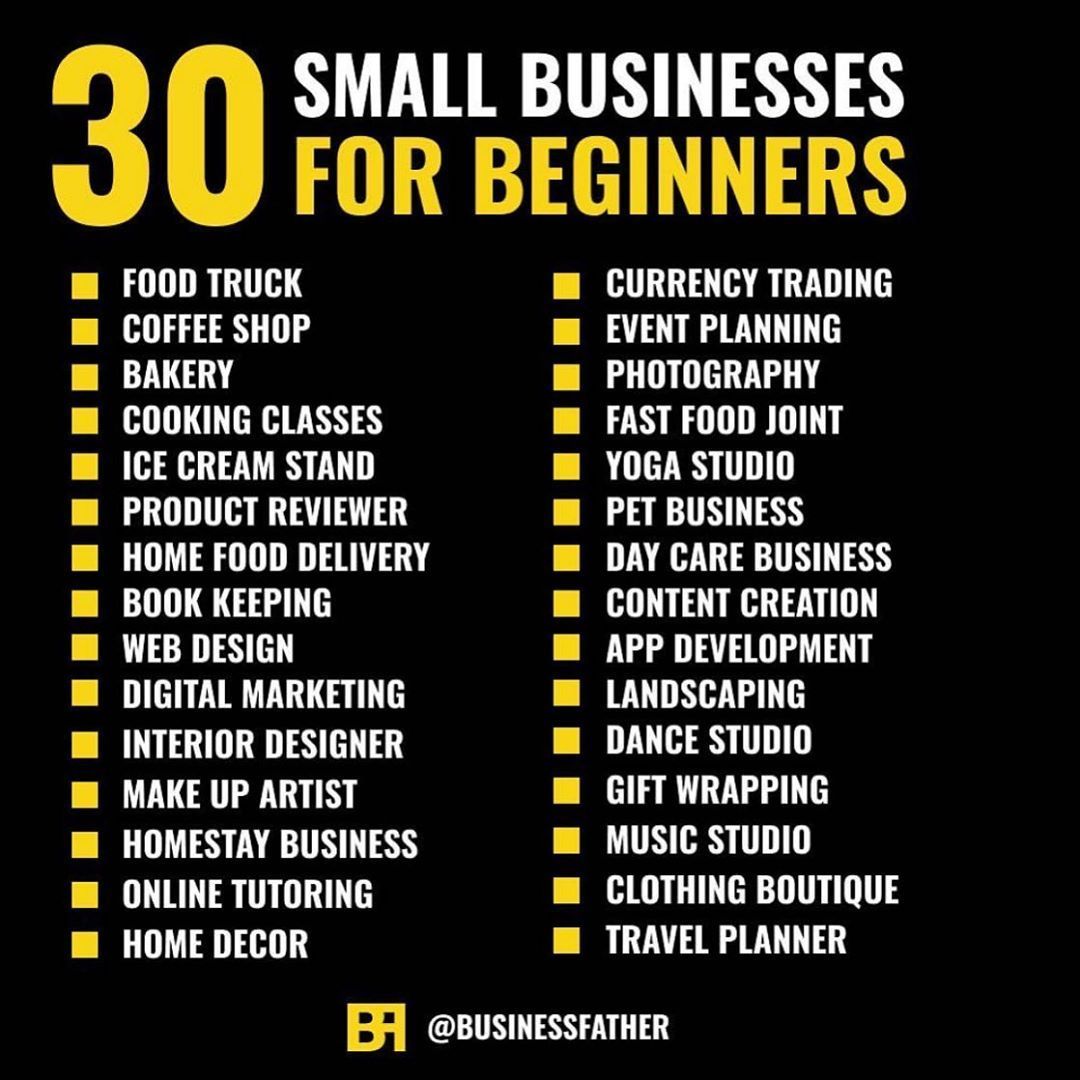
Starting a Successful Business
If you’re starting a business, you need more than a good idea. Consider legal, tax, financial, and strategic factors. Also, be aware of the mental and emotional impact.
As you begin your startup journey, consider these tips for success.
Download our free Startup Checklist for help tracking your progress and reviewing the complete guide to starting a small business.
Contents
- 1 1. Be passionate about your business idea
- 2 2. Determine a viable market
- 3 3. Don’t quit your day job
- 4 4. Prepare a business plan
- 5 5. Find the right partners
- 6 6. Track finances early
- 7 7. Really know the competition
- 8 8. Consider financing early
- 9 9. Pay attention to legal needs
- 10 10. Have enough cash on hand
- 11 11. Identify professional gaps
- 12 12. Build your organic presence
- 13 13. Prepare yourself mentally
- 14 14. Be creative and consistent
1. Be passionate about your business idea
Being a small business owner involves tasks that you may not love. You don’t need to be passionate about every facet of business operations. Instead, be driven by one thing that led you to start a business. Find your north star to guide you through challenges.
2. Determine a viable market
Before launching your idea, test it. Don’t rely on friends and family. Conduct market research, identify target customers, understand the competitive landscape, project market growth, and set strategic milestones.
3. Don’t quit your day job
Start your business as a side hustle. Research and test while still having income to support yourself. Only go full-time if you have the financial stability and a backup plan if needed.
4. Prepare a business plan
Planning increases viability. It helps with funding, growth decisions, and overall success. Create an early business plan as a roadmap for easy management and revision.
5. Find the right partners
Identify mentors, partners, or employees who complement your skill set. Spend more time on what you’re good at. Connect with entrepreneurs and business mentors for advice and recommendations.
6. Track finances early
Track your finances, even if you’re not a numbers person. Stay up-to-date and organized. Start creating financial forecasts as early as possible to explore the future of your business.
7. Really know the competition
Understand the key players, their offerings, target market, weaknesses, and opportunities for disruption. Embed competitive analysis in your market research to make informed decisions.
8. Consider financing early
Even if you plan to bootstrap, consider and plan for the possibility of financing. Create a scenario that includes an influx of cash and determine how it will be used.
9. Pay attention to legal needs
Complete the required legal steps to turn your idea into a legitimate business. Define your business structure, register for a tax ID and business name, obtain permits and licenses, and understand your tax obligations.
10. Have enough cash on hand
Cash is crucial for your business. Track inflow and outflow, analyze performance, and make adjustments to keep cash flowing.
11. Identify professional gaps
Outline your organizational structure and identify roles or gaps to fill in the future. Address the importance of these roles and individuals, and when you intend to add them.
12. Build your organic presence
Establish authority organically by focusing on your web presence. Answer industry-related questions and produce content that showcases your brand.
13. Prepare yourself mentally
Be aware of the challenges that come with running a business. Reflect on your strengths, weaknesses, time management, stress management, and business environment.
14. Be creative and consistent
Set standards, establish milestones, and review performance consistently. Stay flexible and creative in problem-solving. Don’t get stuck in inefficient processes.
Ready to start your business? Keep these tips in mind, focus on planning, and take the time to test. The more you prepare upfront, the more likely your business will succeed. Refer to our step-by-step guide and legal requirements for additional guidance.
Hello!
I’m Andrew Brooks, a seasoned finance consultant from the USA and the mind behind phonenumber247.com.
My career is built on a foundation of helping individuals and businesses thrive financially in an ever-changing economic landscape. At phonenumber247.com, my aim is to demystify the complex world of finance, providing clear, actionable advice that can help you navigate your financial journey with confidence. Whether it’s personal finance management, investment strategies, or understanding the nuances of market dynamics, I’m here to share insights and tools that can propel you towards your financial goals.
Welcome to my digital space, where every piece of advice is a step closer to financial clarity and success!
